V Narayanan: The New Face of ISRO's Space Exploration Journey
Updated on : 08 January, 2025
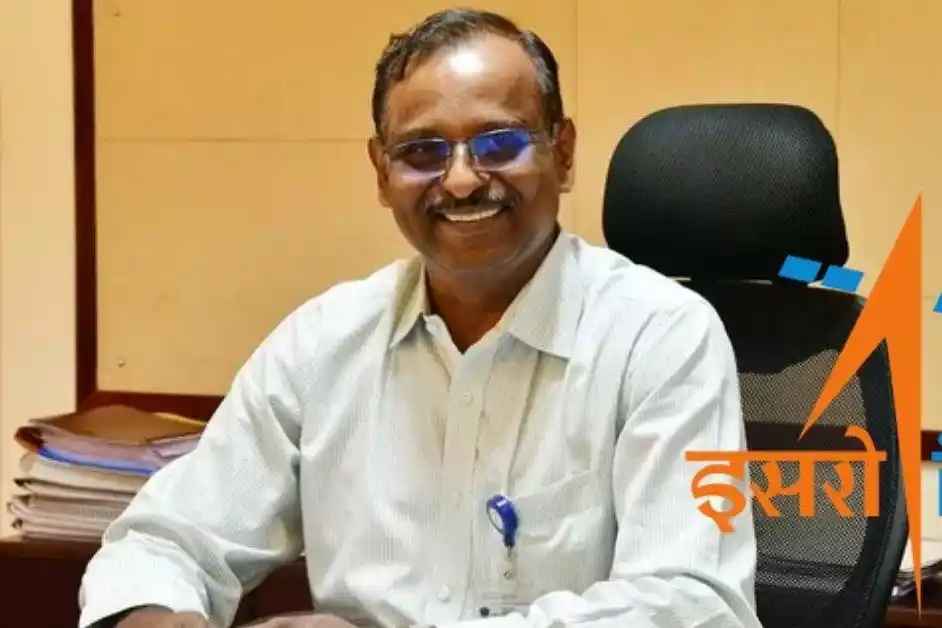
Image Source: jagranjosh.com
Introduction
On January 14, 2025, V Narayanan will officially take over as the new Chairman of the Indian Space Research Organisation (ISRO), succeeding S Somanath. This appointment is significant not only for Narayanan but also for ISRO, which has been at the forefront of India's space endeavors for decades. As a distinguished scientist with nearly four decades of experience, Narayanan brings a wealth of knowledge and expertise that is essential for steering India’s ambitious space programs into the future.
Narayanan's leadership comes at a pivotal time when India is ramping up its efforts in satellite technology development, advanced space exploration missions, and global collaborations. His appointment is expected to further enhance India's position in the global space arena.
Profile of V Narayanan
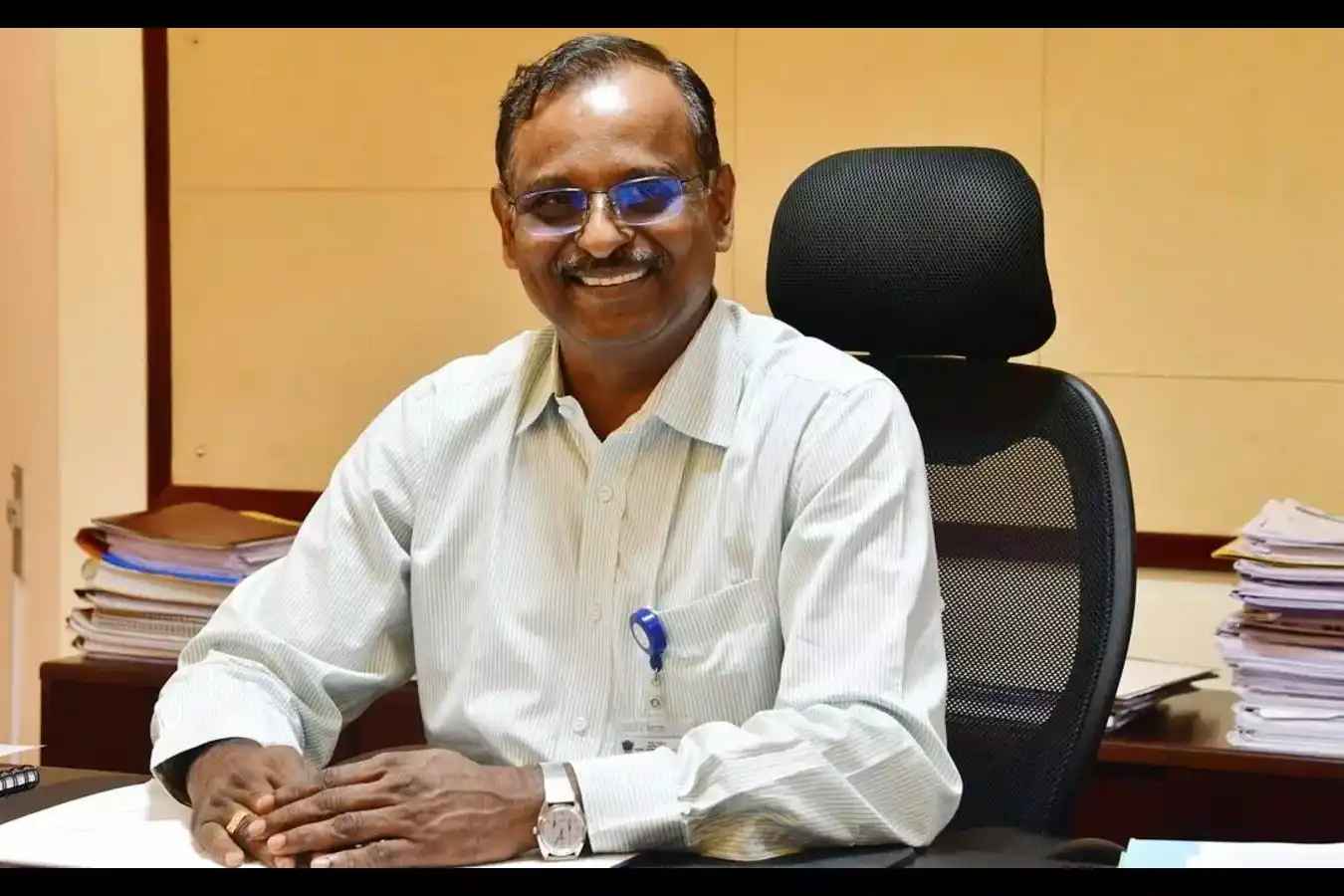
Image Source: bizzbuzz.news
Brief Overview of His Background
Dr. V. Narayanan was born in Melakattu village, Kanyakumari District, Tamil Nadu, into a farming family. His early education took place in Tamil-medium schools, where he demonstrated academic excellence by topping his class in the 10th grade. He pursued higher education at the prestigious Indian Institute of Technology (IIT) Kharagpur, earning a Diploma in Mechanical Engineering and later an M.Tech in Cryogenic Engineering, for which he received a Silver Medal for achieving first rank. He further advanced his studies by obtaining a Ph.D. in Aerospace Engineering from the same institution, solidifying his foundation in engineering and space science.
Key Qualities and Expertise
Dr. Narayanan is a prominent figure in rocket and spacecraft propulsion systems, recognized for his pioneering work in cryogenic engine technology. His expertise is particularly notable as he led the development of India's cryogenic propulsion systems—an area previously inaccessible to the country due to international restrictions. His leadership at the Liquid Propulsion Systems Centre (LPSC) has been instrumental in advancing India's capabilities in high-performance propulsion technologies. With nearly four decades of experience at ISRO, Narayanan's vision and technical acumen position him as a key player in shaping India's future space missions, including upcoming lunar explorations.
Early Life and Education
Background Information on Narayanan's Formative Years
V. Narayanan was born into a modest farming family in Melakattuvilai, a small village in the Kanyakumari district of Tamil Nadu, India. Growing up in a rural setting, he faced several challenges, including limited educational resources and a lack of basic infrastructure; his family did not have electricity until he was in Class IX. Despite these obstacles, Narayanan exhibited a strong academic inclination from an early age. He consistently performed well in school, demonstrating a particular aptitude for mathematics and science.
His parents, recognizing the value of education, encouraged him to pursue his studies diligently. This support proved pivotal as Narayanan aimed high and set his sights on securing admission to one of India's premier engineering institutions. His hard work paid off when he successfully gained admission to the Indian Institute of Technology (IIT) Kharagpur, one of the leading engineering colleges in India.
Bachelor’s Degree
Narayanan completed his undergraduate studies at IIT Kharagpur, earning a Bachelor of Technology (B.Tech) degree in Mechanical Engineering. His time at IIT was marked by rigorous academic training and exposure to cutting-edge engineering concepts. He graduated with honors, laying a solid foundation for his future academic pursuits.
Master’s Degree
Following his undergraduate studies, Narayanan continued at IIT Kharagpur to pursue a Master of Technology (M.Tech) degree in Cryogenic Engineering. His dedication and hard work resulted in him graduating with First Rank in his class in 1989. He was awarded a Silver Medal for his exceptional performance, which highlighted his commitment to excellence and deep understanding of complex engineering principles.
Doctoral Studies
Narayanan’s thirst for knowledge did not end with his master’s degree. He went on to pursue a Ph.D. in Aerospace Engineering, focusing on advanced propulsion systems and aerospace dynamics. His doctoral research contributed significantly to the field and was particularly relevant to the Indian Space Research Organisation (ISRO), where he would later make substantial contributions.
Throughout his academic journey, Narayanan demonstrated not only intellectual prowess but also a passion for aerospace engineering that would shape his career trajectory. His educational achievements equipped him with the skills and knowledge necessary to tackle complex challenges in space technology and engineering.
Popular Blogs
Career Path in ISRO
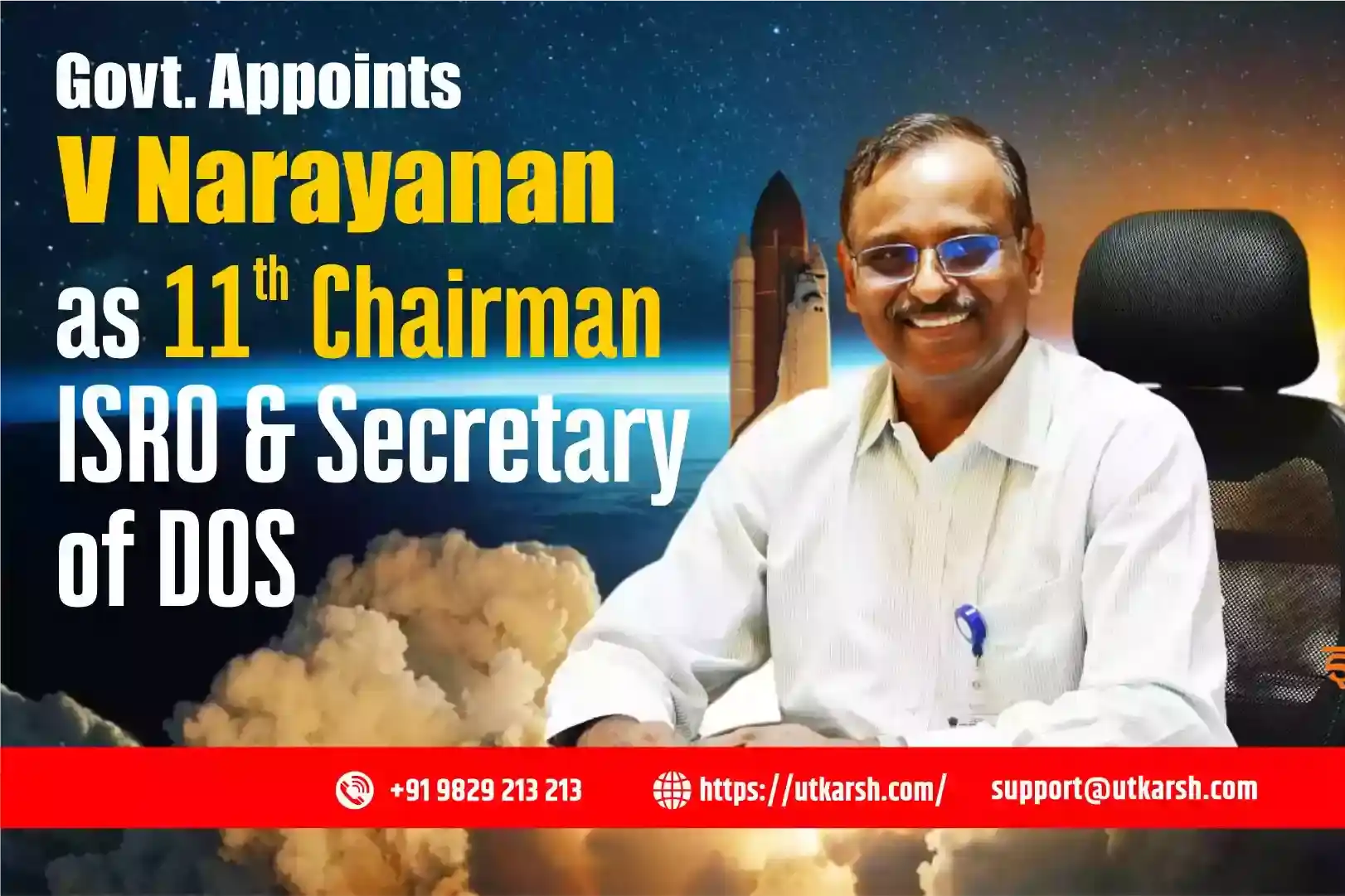
Image Source: cloudfront.net
Overview of Narayanan's Career Trajectory
Dr. V. Narayanan joined the Indian Space Research Organisation (ISRO) in 1984, embarking on a distinguished career that has spanned nearly four decades. Initially specializing in solid propulsion systems, he began his journey at the Vikram Sarabhai Space Centre (VSSC), where he contributed to the development of various launch vehicles, including the Augmented Satellite Launch Vehicle (ASLV) and the Polar Satellite Launch Vehicle (PSLV). His early work laid a strong foundation for his later achievements in cryogenic propulsion.
Over the years, Narayanan progressed through various roles within ISRO, showcasing his expertise and leadership capabilities. In 2018, he was appointed as the Director of the Liquid Propulsion Systems Centre (LPSC) in Thiruvananthapuram, where he played a pivotal role in advancing India's cryogenic technology. His leadership has been instrumental in developing key technologies for ISRO's launch vehicles, including the GSLV Mk III, which is critical for carrying heavier payloads into space.
In January 2025, Narayanan was appointed as the Chairman of ISRO and Secretary of the Department of Space, effective January 14, 2025, succeeding Dr. S. Somanath. This new role positions him at the forefront of India's ambitious space exploration agenda.
Career Highlights
Dr. Narayanan's career is marked by numerous significant contributions to India's space program:
-
Development of Cryogenic Engines: He was a key figure in developing indigenous cryogenic engines, which are crucial for deep space missions. His work made India one of only six countries capable of developing complex cryogenic propulsion systems independently. This achievement not only enhanced India's self-reliance in space technology but also positioned it as a leader in cryogenic propulsion.
-
Leadership in Major Projects: As Project Director for the C25 Cryogenic Project, Narayanan oversaw the development of the cryogenic stage for the GSLV Mk III rocket. This project involved creating a powerful engine that utilizes liquid oxygen and liquid hydrogen to achieve a thrust capacity of 20 tons. The successful launch of this vehicle marked a significant milestone for ISRO.
-
Contributions to Satellite Launch Missions: Throughout his career, Narayanan has contributed to various satellite launch missions, ensuring that ISRO's vehicles are equipped with reliable propulsion systems. His oversight included delivering 183 Liquid Propulsion Systems and control power plants for multiple missions.
Key Achievements in Space Technology
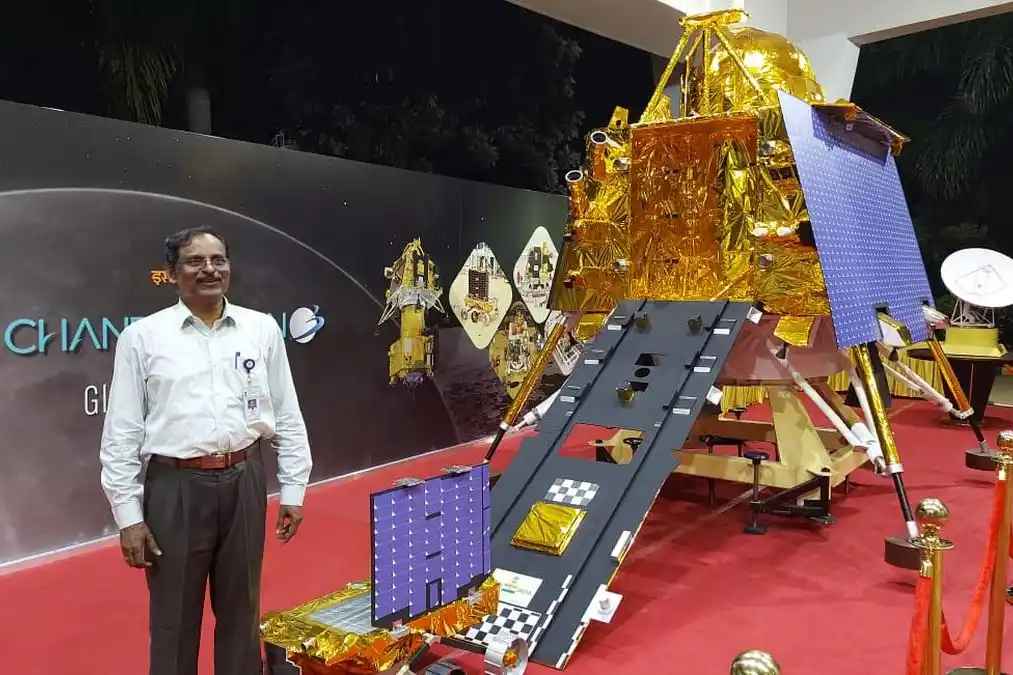
Image Source: i.thgim.com
Dr. V. Narayanan's contributions to space technology have been transformative for India's capabilities in this field. His leadership and technical expertise have been instrumental in several key projects, which have defined and advanced ISRO's mission objectives.
Cryogenic Engine Development
Dr. Narayanan has been a driving force behind the indigenous development of cryogenic engine technology in India. This critical advancement allowed ISRO to independently design and manufacture cryogenic engines, which are essential for launching heavier payloads into space. His work included the successful development and testing of the C25 Cryogenic Stage, which employs liquid oxygen and liquid hydrogen as propellants, achieving a significant thrust capacity.
Liquid Propulsion Systems
As the Director of the Liquid Propulsion Systems Centre (LPSC), Dr. Narayanan oversaw the development of a variety of liquid propulsion systems that are vital for satellite launches. Under his leadership, LPSC developed innovative propulsion technologies that support multiple ISRO launch vehicles, including the PSLV and GSLV series.
His strategic vision led to the successful delivery of numerous propulsion systems that have been critical for various satellite missions, including communication satellites, Earth observation satellites, and interplanetary missions. The advancements made during his tenure at LPSC have significantly contributed to ISRO's reputation as a reliable launch service provider on the global stage.
Leadership in Major ISRO Projects
Dr. V. Narayanan's leadership has been pivotal in several landmark projects that have significantly advanced India's space capabilities.
GSLV Mk III
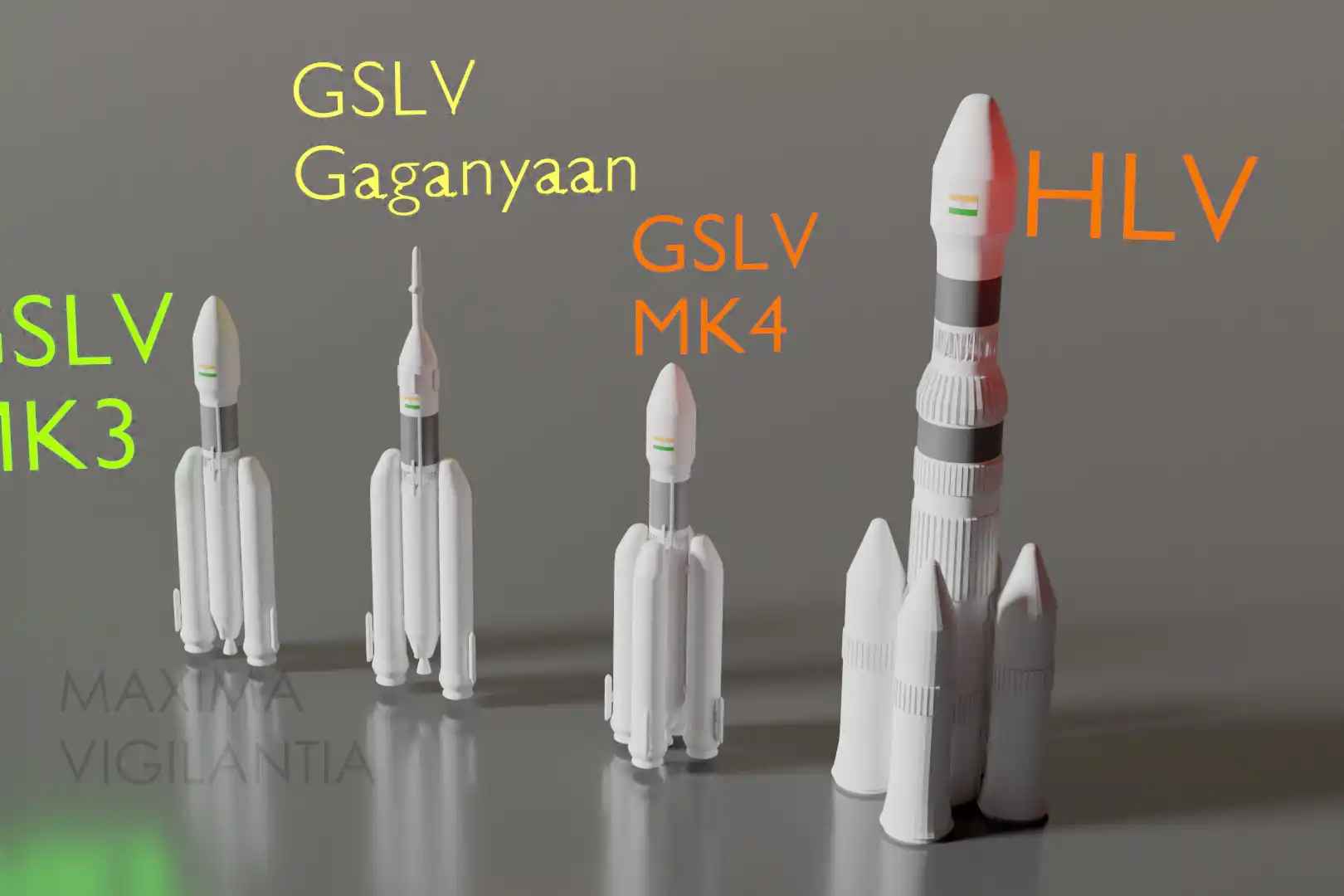
Image Source: twimg.com
As the Project Director for the GSLV Mk III, Dr. Narayanan played a crucial role in the development of this launch vehicle, which is essential for placing heavier payloads into orbit. Under his guidance, the team successfully designed and operationalized the C25 Cryogenic Stage, a key component that utilizes liquid oxygen and liquid hydrogen to produce a thrust of 20 tonnes. This advancement not only enabled the successful launch of missions such as Chandrayaan-2 but also positioned India among the select few countries capable of developing and deploying cryogenic propulsion systems. His leadership was instrumental in making the GSLV Mk III operational, marking a significant milestone in India's space program.
Aditya Spacecraft
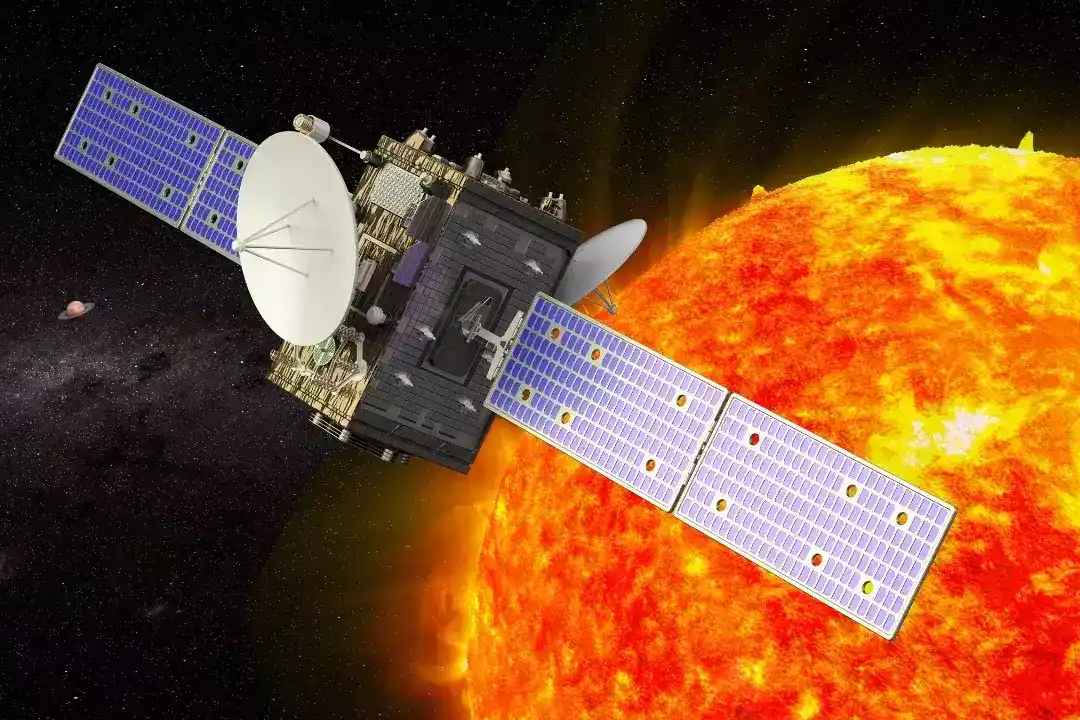
Image Source: timesnownews.com
Dr. Narayanan's contributions extend beyond launch vehicles to scientific exploration, exemplified by his involvement in the Aditya spacecraft mission aimed at studying solar phenomena. His expertise in propulsion systems was critical in ensuring the spacecraft's successful design and implementation, showcasing his versatility as a leader. The Aditya mission is poised to enhance our understanding of solar dynamics and their impact on Earth's climate, further underscoring Dr. Narayanan's commitment to advancing scientific exploration through innovative space technology. His role in these major projects reflects his dedication to pushing the boundaries of what India can achieve in space exploration and technology development.
Appointment Overview
General Details Surrounding the Appointment Process
The appointment process for V. Narayanan as the new Chairman of ISRO involved several stages, including recommendations from senior officials within ISRO and evaluations conducted by the Appointments Committee of the Cabinet. This thorough evaluation ensured that the selection was based on merit and expertise, reflecting Narayanan's extensive experience in the field of space technology.
Announcement Date
The official announcement regarding Narayanan’s appointment was made on January 7, 2025. This date marked a significant moment in ISRO's leadership transition as Narayanan prepares to take over from the current chairman, S. Somnath.
Effective Date of Appointment
Narayanan will assume office on January 14, 2025. This date is pivotal as it signifies the beginning of his tenure in leading one of India's most crucial scientific organizations.
Duration of Tenure
His tenure as Chairman is set for two years, with the possibility of extension depending on future evaluations by the government. This arrangement allows for flexibility in leadership continuity while ensuring that performance assessments can guide any potential extensions.
Roles and Responsibilities
As the newly appointed Chairman of ISRO and Secretary of the Department of Space, Dr. V. Narayanan will oversee all aspects of India's space program. His roles and responsibilities encompass a wide range of strategic, operational, and collaborative functions essential for advancing the nation's space initiatives.
Key Responsibilities
-
Leading Strategic Planning and Policy Formulation for Space Missions: Dr. Narayanan will be responsible for setting the strategic direction for ISRO's missions, ensuring that they align with national goals and international standards. This includes formulating policies that guide the development and execution of various space projects.
-
Managing Budgets and Resource Allocation for Various Projects: He will oversee financial planning and resource allocation, ensuring that budgets are effectively managed to support ongoing and future projects. This responsibility is crucial for optimizing ISRO's operational efficiency and ensuring the successful execution of missions.
-
Ensuring Collaboration with International Space Agencies: Dr. Narayanan will foster partnerships with other space agencies worldwide, enhancing collaboration on joint missions, technology sharing, and research initiatives. This international cooperation is vital for expanding India's footprint in global space exploration.
-
Promoting Advancements in Technology through Research and Development Initiatives: He will advocate for innovation within ISRO by promoting research and development initiatives aimed at advancing space technology. This includes encouraging the development of new propulsion systems, satellite technologies, and exploration capabilities.
Vision for ISRO and Future Goals
Strategic Vision for ISRO
Dr. V. Narayanan's strategic vision for ISRO focuses on enhancing India's position as a global leader in space exploration. He aims to achieve this through the adoption of innovative technologies and the implementation of sustainable practices. This vision aligns with India's broader goals of self-reliance and technological advancement in the aerospace sector.
Innovations and Sustainability Efforts
Narayanan envisions leveraging advanced technologies such as artificial intelligence (AI) and machine learning (ML) to improve mission outcomes. By integrating these technologies, ISRO can enhance data analysis, optimize mission planning, and increase the efficiency of satellite operations. Additionally, he emphasizes the importance of ensuring environmental sustainability in all space endeavors, promoting practices that minimize the ecological impact of space missions.
Impact on India’s Global Standing
Under Narayanan's leadership, ISRO is expected to strengthen its collaborations with other nations, enhancing India’s reputation as a key player in global space exploration efforts. This includes partnerships for joint missions, technology exchanges, and collaborative research initiatives that will further elevate India's standing in the international space community.
Future Goals
Looking ahead, Dr. Narayanan's goals for ISRO include:
- Expanding Launch Capabilities: Continued development of launch vehicles capable of carrying heavier payloads and supporting a wider range of missions.
- Human Spaceflight Initiatives: Advancing the Gaganyaan mission to successfully send Indian astronauts into space, marking a significant milestone for the nation.
- Interplanetary Exploration: Pursuing ambitious projects aimed at exploring other celestial bodies, including Mars and Venus.
- Enhanced Earth Observation: Developing advanced satellites for improved monitoring of environmental changes, disaster management, and resource management.
Significance of the Appointment
Dr. V. Narayanan's appointment as the Chairman of ISRO comes at a crucial time when India is poised to undertake ambitious missions such as Gaganyaan—the country's first human spaceflight program—and further lunar explorations with the Chandrayaan missions. His extensive experience in rocket propulsion and spacecraft technology will be vital in navigating these complex projects, ensuring their successful execution while maintaining strong international partnerships.
With nearly four decades of experience at ISRO, Narayanan's leadership is expected to guide the organization through significant milestones, enhancing India's capabilities in space exploration and solidifying its position as a key player in the global space arena. His role will be instrumental in fostering collaborations with other nations, which is essential for the success of future missions and for advancing India's standing in global space efforts.
Awards and Recognitions
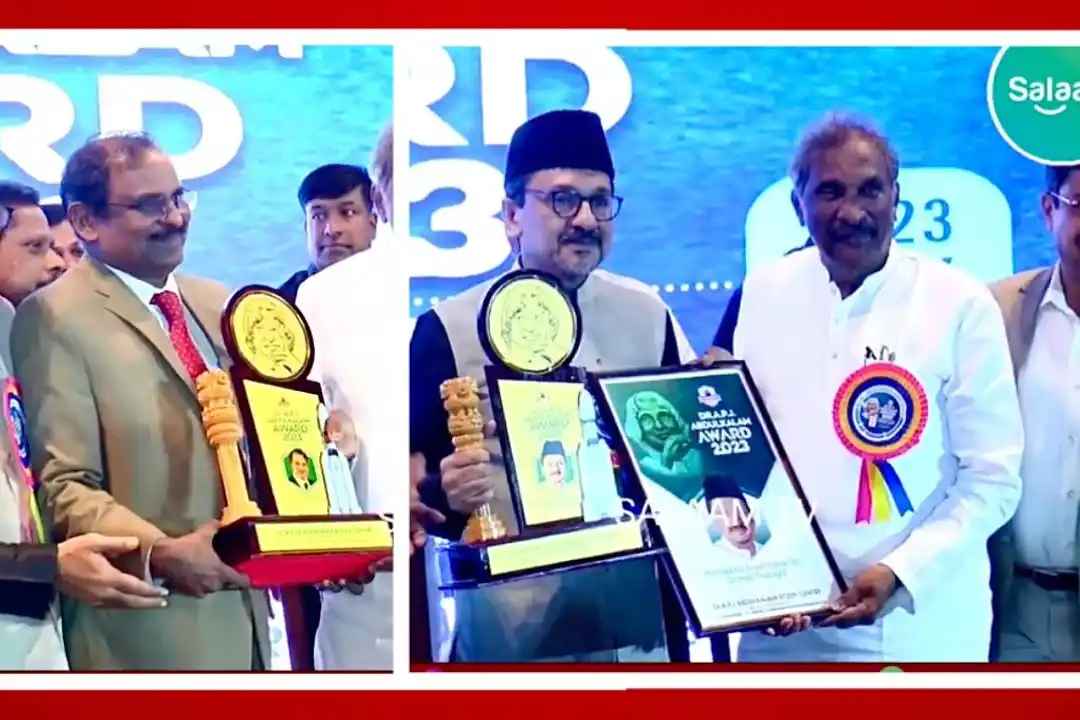
Image Source: ytimg.com
Throughout his career, Dr. V. Narayanan has received numerous accolades recognizing his contributions to space science:
-
Silver Medal from IIT Kharagpur: Awarded for academic excellence during his M.Tech program, highlighting his outstanding performance in engineering.
-
Gold Medal from the Astronautical Society of India (ASI): This prestigious award acknowledges his exceptional contributions to aerospace engineering, particularly in rocket propulsion technologies.
-
National Design Award from NDRF: Recognized for innovative solutions developed during crisis situations, showcasing his ability to apply engineering principles to real-world challenges.
-
Outstanding Achievement Award from ISRO: An acknowledgment of his significant contributions to ISRO’s missions and projects over the years.
-
Distinguished Alumni Award (2018) from IIT Kharagpur: Celebrating his achievements and impact in the field of aerospace engineering after graduating from the institution.
-
Honorary Doctorate of Science (Honoris Causa) from Sathyabama University, Chennai: This honor reflects his influence and contributions to science and technology in India.
-
National Aeronautical Prize (2019) by the Aeronautical Society of India (AeSI): Recognizing his role in advancing aeronautics and space technology in India.
Personal Insights and Philosophy
Dr. V. Narayanan believes that mentorship is key to fostering future generations of scientists and engineers. He emphasizes the importance of collaboration within teams to achieve common goals, recognizing that diverse perspectives can lead to innovative solutions. By nurturing a culture of teamwork, he aims to create an environment where young professionals feel empowered to contribute their ideas and creativity.
In addition, Narayanan encourages innovative thinking among young professionals entering the field. He believes that fostering an atmosphere where experimentation and new ideas are welcomed is crucial for advancing technology and achieving breakthroughs in space science. His philosophy underscores the significance of developing not just technical skills but also leadership qualities in the next generation, ensuring a robust pipeline of talent for the future of India's space program.
Conclusion
As V Narayanan prepares to take on the role of Chairman at ISRO, his extensive experience and visionary outlook promise to propel India's space ambitions into new frontiers. His leadership will not only shape the future trajectory of ISRO but also contribute significantly to India's standing on the global stage as a leader in space exploration. This blog provides an extensive overview of V Narayanan's journey, highlighting his qualifications, achievements, vision, and significance within ISRO while emphasizing how he can lead India's ambitious future endeavors in space exploration effectively.
















